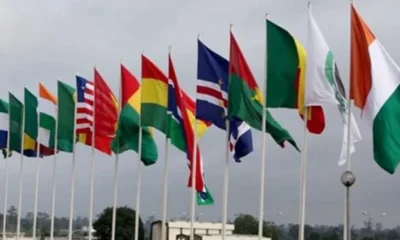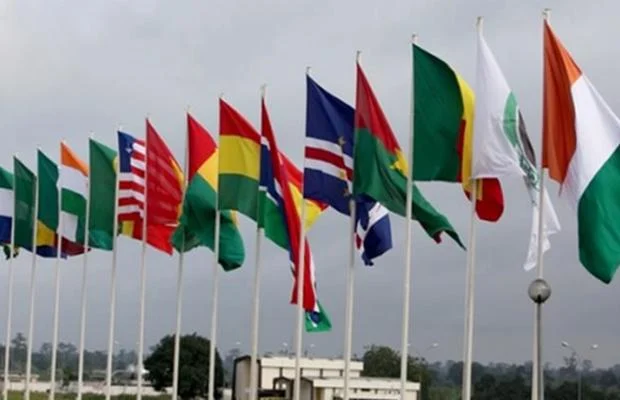Some residents of Agege in Lagos State have expressed fear that innocent residents may be arrested and punished unjustly in the ongoing raid of criminal hideouts by the state police command.
The residents expressed their concerns on Monday during the raid operation carried out by the CP Tactical Team along the Agege rail line and its environs.
The state Commissioner of Police, Adegoke Fayoade, had on Saturday visited the rail line in Agege on a fact-finding mission following complaints about the activities of petty robbers in the area.
The command’s Public Relations Officer, Benjamin Hundeyin, disclosed in a statement shared on X (formerly known as Twitter) on Saturday that the CP had directed a rejig of security in the area.
Hundeyin said, “Worried by complaints of harassment and petty robberies along the rail lines in Agege, the Commissioner of Police, Lagos State Command, CP Adegoke Fayoade, embarked on a fact-finding visit to the area.
“He has since ordered a rejig of the security architecture in the area, charging DPOs within the vicinity to ensure optimal provision of security.”
No fewer than 10 persons among which were passers-by and individuals suspected to be questionable were arrested, according to The Punch.
A resident who identified as Segun, told our correspondent that though the activities of the police were necessary due to the rampant cases of petty robberies, he expressed fear that innocent persons might be unjustly punished.
Segun said, “I am happy that the police are carrying out this raid because the petty robbers are becoming rampant in this area. My only concern is the approach deployed by the police which is just stopping people based on suspicion and arresting them.
“The police should reconsider their approach so that innocent persons will not be made to suffer.”
Another resident who identified simply as Akeem urged the police to ensure a proper scrutiny of suspects so that unjust arrest and punishment would not be meted out on innocent ones.
Akeem said, “It is good the police are carrying out the raid because this place at night is usually a dreaded spot. Once it is 7 pm, you cannot walk without fear. But the issue is that those miscreants who carry out the petty robberies do not come out during the day. They operate at night.
“So if the police want to crack down on the real culprits, they should come at night. This daylight raid may lead to the arrest of innocent citizens. Meanwhile, they should scrutinise the suspects arrested so that innocent persons are not unjustly punished.”
When contacted, the CP, in a telephone conversation with our correspondent on Monday, allayed the fears of the residents stressing that measures had been put in place to ensure that innocent persons were not unjustly arrested and punished.
He added that in instances where innocent persons are arrested, such persons would be promptly released.
“The operation is a tactical one that is being supervised by a senior police officer in the rank of Assistant Commissioner of Police. We will make sure that innocent persons are not arrested and when there is an instance of such, they will be promptly released,” Fayoade said.

 BIG STORY5 days ago
BIG STORY5 days ago
 BIG STORY5 days ago
BIG STORY5 days ago
 BIG STORY5 days ago
BIG STORY5 days ago
 BIG STORY4 days ago
BIG STORY4 days ago
 BIG STORY2 days ago
BIG STORY2 days ago
 BIG STORY2 days ago
BIG STORY2 days ago
 BIG STORY3 days ago
BIG STORY3 days ago
 BIG STORY5 days ago
BIG STORY5 days ago

























